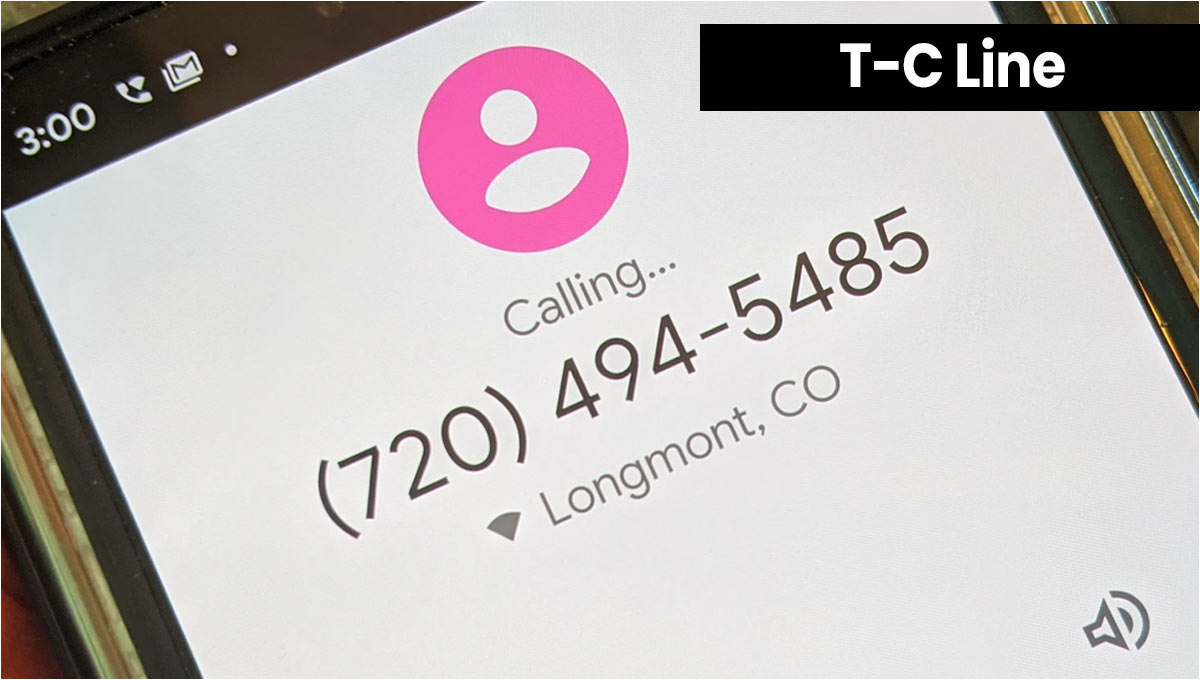Political discussions have intensified following statements made by former Florida Attorney General Pam Bondi regarding hate speech and accountability. During a recent public address, Bondi declared, “We will absolutely target you, go after you, if you are targeting anyone with hate speech, and that’s across the aisle.” This statement has prompted calls for the impeachment of Donald Trump, with critics arguing that he has been a prominent figure in promoting divisive rhetoric.
Concerns over media censorship have also emerged, particularly regarding the role of major networks such as ABC and CBS. Commentators have accused these outlets of yielding to governmental pressure to suppress critical voices. Critics suggest that such actions undermine the principles of free speech, emphasizing the need for a collective pushback against perceived censorship. Many are advocating for public boycotts of these media organizations as a means of demonstrating their commitment to free expression.
The ongoing debate has drawn in figures from various sectors, including comedians and political commentators. Notably, television host Jimmy Kimmel has been a topic of discussion, with some arguing that he has not negatively impacted Trump’s image, but rather that the former president’s actions speak for themselves. Comments have surfaced questioning the relevance of past grievances and whether contemporary claims of censorship resonate with historical examples of governance.
In a related commentary, concerns were raised about the public perception of Trump’s health decisions, particularly regarding vaccinations. As the ongoing COVID-19 pandemic continues to pose risks, many citizens are curious about the health choices made by public figures, emphasizing the importance of transparency and public safety.
As the discourse continues, some voices are calling for a return to humor and humility in public life. One contributor reflected on a lesson learned from their mother, stating, “Learn to laugh at yourself or everybody else will.” This sentiment encapsulates a broader desire for a political climate that encourages open dialogue and self-reflection.
The situation remains fluid as the public weighs the implications of these discussions on free speech and the responsibilities of media. The call for political accountability and the protection of diverse viewpoints are central to this evolving narrative.
For those wishing to express their opinions, the T-C Line remains open for public commentary, with guidelines encouraging brevity and respect for individual privacy. As political tensions rise, the voices of constituents will play a critical role in shaping the conversation.
